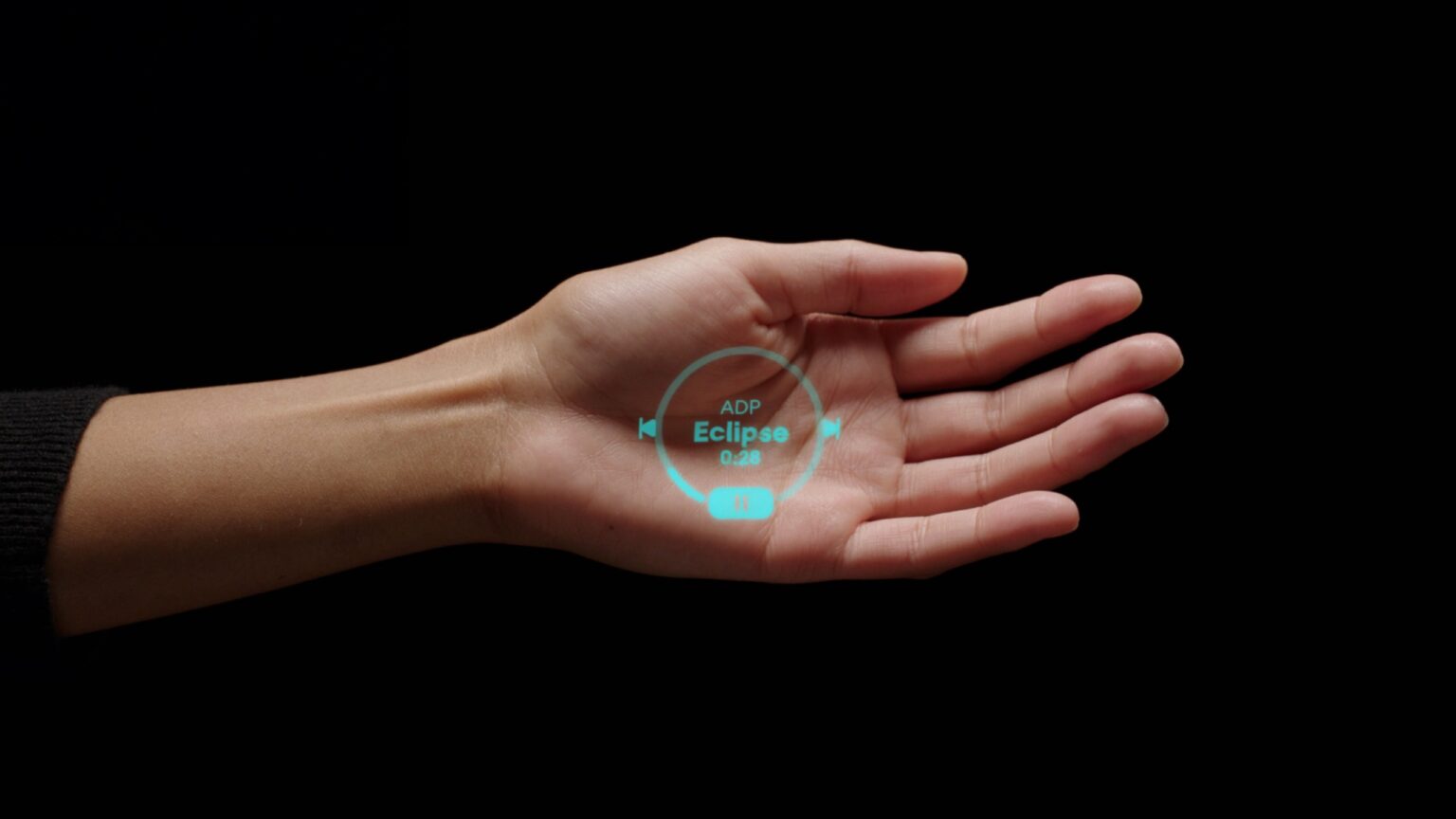Humane debuted its much-hyped Ai Pin, and it produced some glaring factual errors during the launch demonstration last week. Cofounder Imran Chaudhri touted the $699 device as better than a smartphone, but his presentation showed AI is still prone to telling lies.
The Ai Pin is a small, lightweight device that you can wear. It doesn’t have a screen and is controlled via voice and touch. The device, powered by AI technology from OpenAI and Microsoft, attaches magnetically to clothing and does not need to be paired with a smartphone.
Ai Pin uses artificial intelligence to sense and respond to the environment around it, helping it to answer user questions, make phone calls, and send texts. The gadget has a small projector that can be used to project images and text onto surfaces, even the hands of a user.
Also read: Humane Launches its Much-Hyped Ai Pin at $699 Plus $24 a Month
AI gets it wrong, again
Humane chairman and president Chaudhri showed off the pin’s capabilities during a launch demonstration that was posted on X, formerly Twitter, on Nov. 9. One of the key features of the device is how it uses AI to access the Internet and answer user queries in real-time.
A user will need to tap the pin, which can be attached to their breast pockets or jacket lapels, hold and shout their question into the air, and release. Ai Pin will find the answer by “browsing the web or grabbing knowledge from all over the Internet.”
During the launch event, Chaudhri, who made the presentation with his wife Bethany Bongiorno (a Humane cofounder), demonstrated how the pin can be used to answer queries, saying, “When is the next eclipse, and where is the best place to see it?”
In response, the computer said, “The next total solar eclipse will occur on April 8, 2024. The best places to see it are Exmouth, Australia, and East Timor.”
This is not true. According to the U.S. space agency NASA, the 2024 total solar eclipse will, as a matter of fact, be seen only in the United States, Canada, and Mexico. The event has even been dubbed “the Great North American Eclipse.”
People in Exmouth or any other part of Australia will not be able to see it, as the Ai Pin would have us believe. Perhaps the computer was referring to the eclipse in April this year, which had Exmouth and East Timor as the best viewing places.
Interestingly, Humane originally intended to launch the pin last month, to coincide with the Oct. 14 eclipse, which could be seen in the U.S, according to industry media. Could it be that the device is still hung up on the old data?
This is the Humane Ai Pin https://t.co/ytUSGF3y55 pic.twitter.com/Zrcoaf49u7
— Humane (@Humane) November 9, 2023
Chaudhri also showed off the Ai Pin as a smart device that uses “computer vision [to] recognize objects” put in front of it. The executive showed the pin a few almonds in his hand and asked, “How much protein?”
Ai Pin says 15 grams of protein. This is also not true. We counted the almonds that Chaudhri is holding, and there are no more than 12 beans in his hand. Scientists say that each almond contains about 0.26g of protein—a total of just 3.12g for Chaudhri’s almonds.
Chatbot ‘hallucinations’
Humane did not respond to a request for comment from MetaNews. However, the startup’s novel device is not the first AI-powered chatbot to “hallucinate”—tech industry speak for when AI chatbots generate falsehoods and lies, presenting them as fact and truth with confidence.
In February, as the AI race heated up, Microsoft’s Bing AI lost it completely. In one exchange, a user requests screen times for the latest Avatar movie. The bot replies that there are no screen times for this movie since it has not been released. In reality, the movie was released in December 2022.
Earlier this year, a demo for Google’s Bard showed the chatbot being asked about new discoveries by Nasa’s James Webb Space Telescope. Bard replied that it had taken “the very first pictures of a planet outside of our own solar system,” which is not true.
Humane says its pin is designed to be an AI personal assistant, but it does not say which assistant was used to respond to the questions about the solar eclipse and almonds.
Ai Pin is powered by a combination of Humane’s own software—an advanced Snapdragon platform from Qualcomm—and OpenAI’s GPT-4, which enables it to ‘translate languages in real-time and analyze the nutritional information of food items.’









 and then
and then